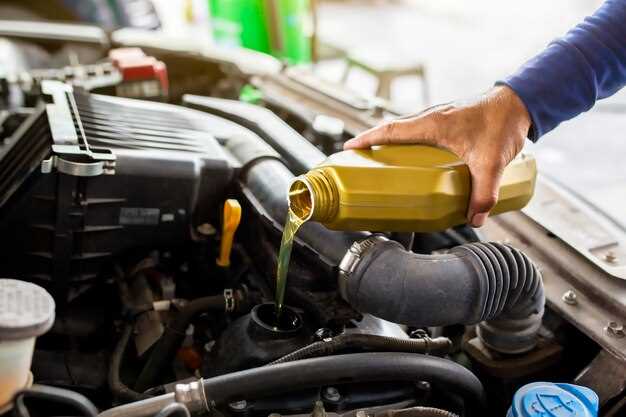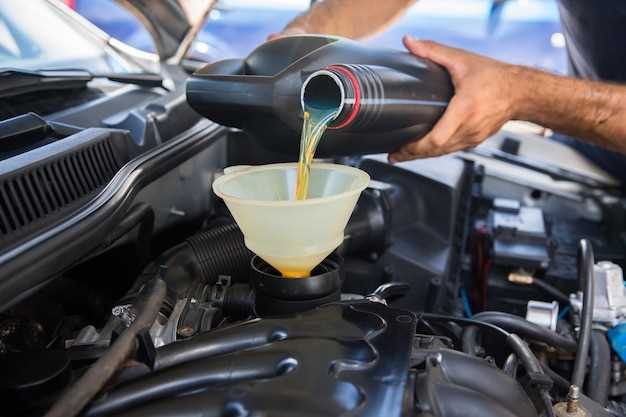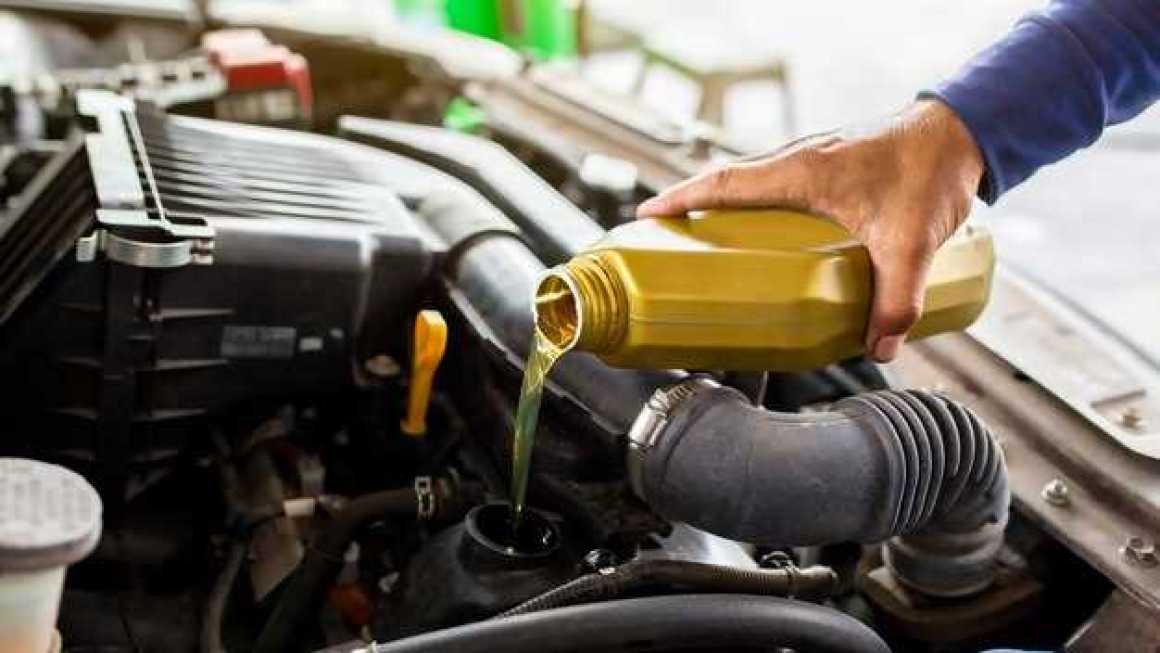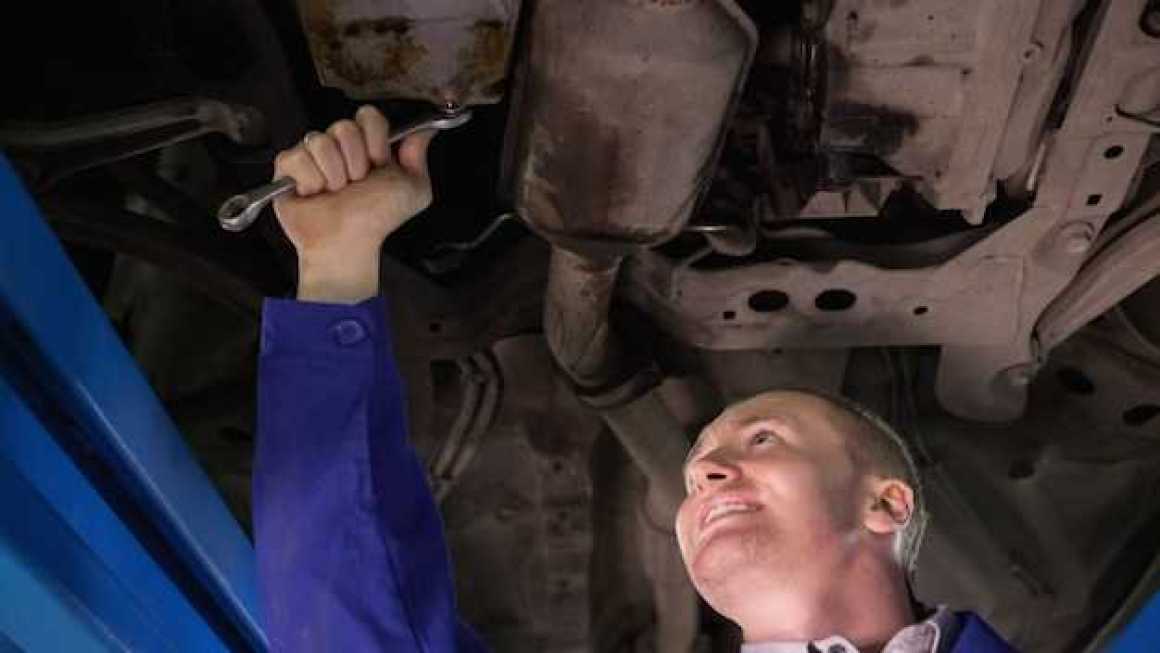
Regular oil changes are essential for maintaining your engine’s health and promoting its longevity. Engine oil plays a critical role in providing protection against wear and tear, ensuring smooth operation and optimal performance. Over time, oil degrades and becomes less effective, leading to harmful contaminants accumulating within the engine.
By scheduling regular oil changes, you eliminate the risks associated with old and degraded oil. This simple yet crucial maintenance task enables your engine to function efficiently, reducing the likelihood of costly repairs down the line. A timely change not only enhances your vehicle’s lifespan but also helps maintain its resale value.
Moreover, engine oil acts as a coolant, dissipating heat and preventing overheating. As oil ages, it loses its ability to perform this vital function. Thus, staying vigilant about oil changes is an integral part of proactive vehicular care, ensuring that your engine receives the best protection possible.
How Regular Oil Changes Enhance Engine Performance
Regular oil changes are essential for maintaining engine performance. Fresh oil lubricates moving parts, reducing friction and wear. Over time, oil degrades and accumulates contaminants, which can hinder engine efficiency. By changing the oil at recommended intervals, you ensure that the engine operates smoothly and efficiently.
Old oil can become thick and sludgy, negatively affecting the flow of essential lubricants to critical areas of the engine. This can lead to overheating and increased wear. Conversely, fresh oil flows easily, providing optimal lubrication and cooling. This not only enhances the engine’s responsiveness but also improves fuel efficiency.
Moreover, clean oil helps in maintaining the engine’s cleanliness by preventing the buildup of harmful deposits. These deposits can restrict oil flow and impact performance. Regular changes eliminate these risks, allowing the engine to perform at its best. A well-lubricated engine is a happy engine, capable of delivering reliable power and longevity.
In addition, changing oil regularly can identify issues before they escalate. During an oil change, mechanics can inspect the oil for metal particles or contaminants indicating potential engine problems. Addressing these issues early can save substantial repair costs and keep the engine performing optimally.
Ultimately, consistent oil changes are a crucial investment for any vehicle owner aiming for enhanced engine performance and longevity. By prioritizing this maintenance task, you ensure your engine runs smoothly for years to come.
Identifying Signs That Your Engine Needs an Oil Change

Regular maintenance is crucial for your engine’s health, and one of the most significant aspects is changing the oil. Here are some indicators that it’s time for an oil change.
1. Oil Color and Consistency: Fresh oil typically has a golden or amber hue. Over time, it darkens and can become gritty. If you notice that your engine oil is black and thick, it indicates contamination and reduced lubricating properties, signaling a necessary change.
2. Engine Noise: Oil lubricates the engine components, reducing friction. If you hear knocking or grinding noises while the engine is running, it could mean that the oil is no longer effectively lubricating the parts. This is a sign that the oil needs to be changed to avoid further damage.
3. Warning Lights: Most vehicles are equipped with an oil pressure light or engine warning light. If this indicator lights up on your dashboard, it’s essential to check your oil level and condition immediately. Ignoring these warnings can lead to severe engine damage.
4. Mileage and Time Interval: Following the manufacturer’s recommended oil change intervals is critical. Typically, oil should be changed every 3,000 to 7,500 miles, depending on your vehicle and oil type. If you’ve exceeded this mileage, it’s time for a change.
5. Oil Smell: A burnt oil smell inside your vehicle can signify that the oil is breaking down and not functioning as it should. Addressing this issue promptly with an oil change can prevent further complications.
6. Fluid Leaks: Puddles or spots of oil under your vehicle may indicate a leak. Low oil levels due to leaks necessitate an oil change and immediate inspection to prevent engine damage.
Recognizing these signs early can help you maintain your engine’s integrity and extend its lifespan. Regular oil changes are a proactive step in ensuring your vehicle runs smoothly and efficiently.
Choosing the Right Oil for Optimal Engine Protection

Selecting the appropriate oil is crucial for maintaining the health and longevity of your engine. Different engines have unique requirements, and using the right oil can significantly enhance performance and protection.
Viscosity is one of the primary factors to consider. Engine oil comes in various grades, indicated by numbers such as 5W-30 or 10W-40. The first number represents the oil’s viscosity at low temperatures, while the second number indicates its viscosity at high temperatures. Choosing the correct viscosity ensures that the oil effectively lubricates the engine during both cold starts and high-temperature operation.
Next, consider the type of oil: synthetic, conventional, or blended. Synthetic oils offer superior protection, enhanced performance under extreme conditions, and longer change intervals. Conventional oils, while effective, may require more frequent changes. Blended oils combine elements of both, providing a balance of affordability and performance.
Additionally, compliance with API (American Petroleum Institute) standards or specific manufacturer recommendations is essential for engine compatibility. Always check your vehicle’s manual for the preferred oil specifications. Using oil that meets these standards helps prevent engine wear and supports optimal function.
Lastly, proper maintenance is incomplete without timely oil changes. Regularly changing the oil not only removes contaminants but also ensures that your engine operates smoothly, reducing the risk of damage. Neglecting this can lead to increased friction and overheating, jeopardizing engine longevity.
In conclusion, the right oil selection is vital for optimal engine protection. Focusing on viscosity, type, and manufacturer specifications can help maintain your engine’s performance and extend its lifespan.



